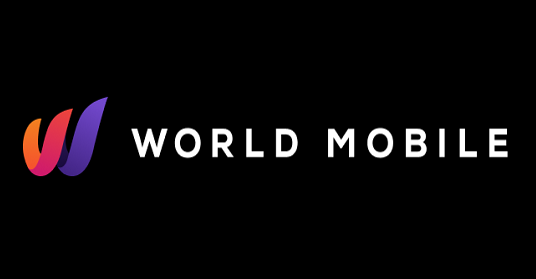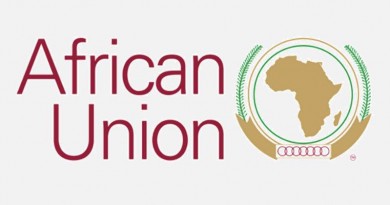World Mobile accelerates rollout in Nigeria and Other African Countries
Following a number of successful pilot tests using low earth orbit (LEO) satellites in the US and UK, World Mobile is expanding its network throughout Africa. Ongoing testing of Starlink, one of the numerous LEO satellites, have produced positive outcomes.
The organization, which was established in 2018, intends to offer accessible internet to isolated and rural locations around the world.
Currently, fewer than 25% of people on the African continent have reliable internet connectivity. Its initial attempts aim to provide connection in difficult-to-reach places within Tanzania, Kenya, and Nigeria using cutting-edge satellite and relay technologies with stratospheric balloons.
In a test run, World Mobile’s AirNodes (the network’s internet access points) were connected to the Starlink satellite network as a backhaul alternative. With download rates of up to 400Mbps, the link provided excellent internet speeds, low latency, and reliable connectivity.
One of the various backhaul technologies available to World Mobile’s dynamic network is satellite internet constellations. This network changes its connectivity architecture to the needs of each location, enabling it to provide effective and inexpensive connectivity where other mobile carriers cannot.
The World Mobile and its partners’ pilot testing showed that robust Wi-Fi services can be delivered through remote connectivity with the LEO satellite, which acts as a constellation network connecting World Mobile’s AirNodes.
World Mobile is focusing on regions with little to no connectivity in Zanzibar, an archipelago of 1.9 million people with an annual average income of USD 1,000. With a network of AirNodes and aerostats with a coverage radius of up to 70 km, it is in the process of establishing its hybrid mesh network to provide the area with accessible mobile connectivity. World Mobile is in advanced discussions to expand its network to other African nations like Mozambique and Nigeria in addition to launching in Tanzania and Kenya. The company’s innovative solution enables entrepreneurs to own or run a section of the network and profit from its adoption, while simultaneously providing low-cost connection in locations that traditional operators cannot reach.
Further testing with other LEO satellite systems, according to the business, will enable services to be distributed more effectively throughout sub-Saharan Africa. The unconnected will be able to access the available LEO satellites and World Mobile’s blockchain-based mobile network. Globally, an estimated 2.7 billion individuals lack access to the internet.




